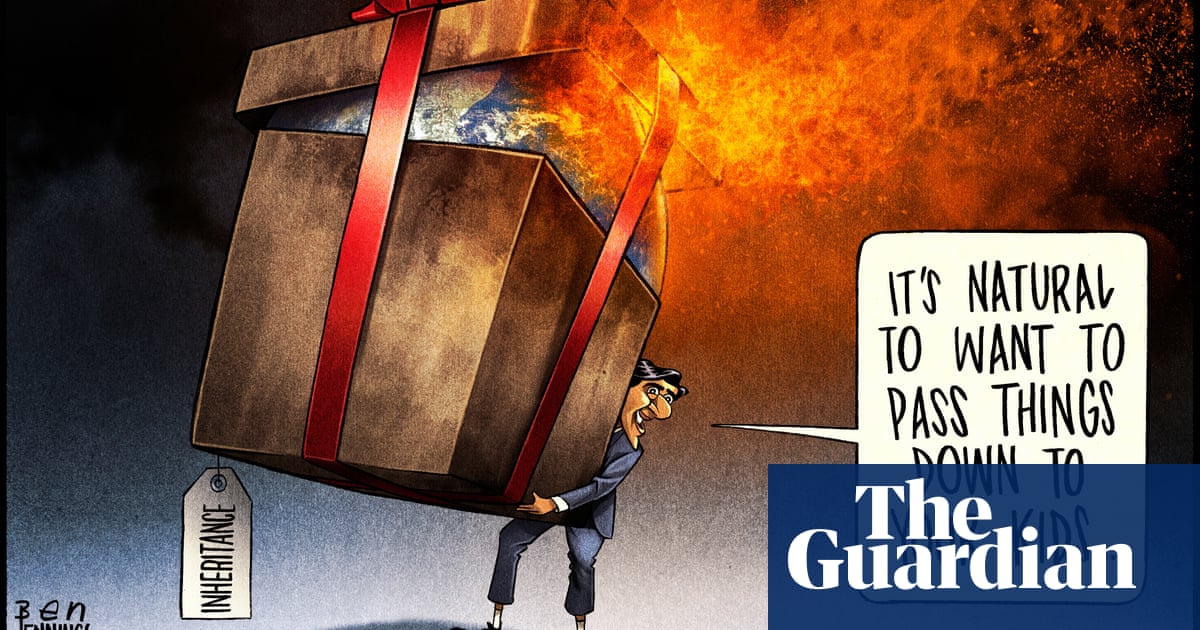
he Tories have adopted a “your country needs you” approach to Britain’s pandemic. It is our civic duty to get back to normal – to go shopping, eat out, use public transport and go out to work. Now the chancellor, Rishi Sunak, is floating the idea of an online sales tax in England to nudge the public to get out to the high street. The British Retail Consortium says consumers will inevitably face higher prices online if such a tax is launched.
Against a backdrop of mass retail job losses and store closures triggered by coronavirus, the high street is in desperate need of support, but this is not the way to do it. Large chunks of the population moved to online deliveries during lockdown but there are many who have no choice but to rely on them. Millions of people who are at high risk from coronavirus owing to underlying health problems need online shopping to stay safe in the coming months. In addition, there are people with health conditions who are physically unable to get out of the house, and others who can’t use the high street because it’s not accessible: almost a quarter of all fashion retailers have no step-free access for wheelchair users, while only 10% have a hearing loop available for shoppers with hearing aids. An online sales tax is essentially a tax on disability.
This is all the more unfair considering that this is a group largely already below the breadline. Disabled people have long been more likely to be in poverty – as well as unemployed or on low wages – and this has only been exacerbated by the pandemic, which has left many struggling to afford the basics while being isolated at home.
“I already pay more for my goods,” one disabled person told me. “I pay postage or delivery charges on top of what I spend. Often I have to spend over a certain amount even to obtain an online supermarket delivery slot (usually £25-35). I simply cannot afford an additional fee.” “I’m housebound. I rely on online shopping for food, supplements and medication,” another said. “My husband and I live on his minimum wage, and Sunak wants to punish us just that little bit more.”
This isn’t the first time the government has pitched an economic recovery package that discriminates against disabled consumers. We saw it with the “eat out to help out” scheme last month, which gave a £10 coupon to diners in a bid to help ailing restaurants. As a shielder, I would love to support local pubs and cafes that are doing deliveries of meals, but this wasn’t included in the policy. (I’ve tried to do this anyway but many can’t afford to without the discount.)
Effectively, disabled people are being financially penalised for having bad health, as if this is somehow a choice we are making that we should be taxed for. It is more proof, as if it were needed, that the politicians proposing these policies have never lived with disability or struggled to pay the week’s shopping bill.
The government’s habit of blaming individuals for structural problems has been growing during the coronavirus crisis. Look at the recent obesity initiative, whose underlying message is that it is lazy, fat people – rather than years of underfunding – who are putting a strain on the NHS. Or the health minister who this week blamed the high death rate of people in poverty from coronavirus on the decisions they make. And here with the high street, the issue apparently isn’t longstanding changes in consumer habits or the risk of “vulnerable people” becoming ill, but stubborn families refusing to go out.
There has been good news for shops this week – new CBI figures show UK retailers enjoyed their best sales in more than a year after many stores reopened in June – but ignoring the real fears of the public and pushing the burden on to those who can least afford it must not be the next step. Economic recovery in a pandemic has to be balanced with public safety, just as the needs of cash-strapped families have to be acknowledged alongside struggling businesses. Our high streets need support – but not at the expense of some of the poorest and most ill people in the country.












